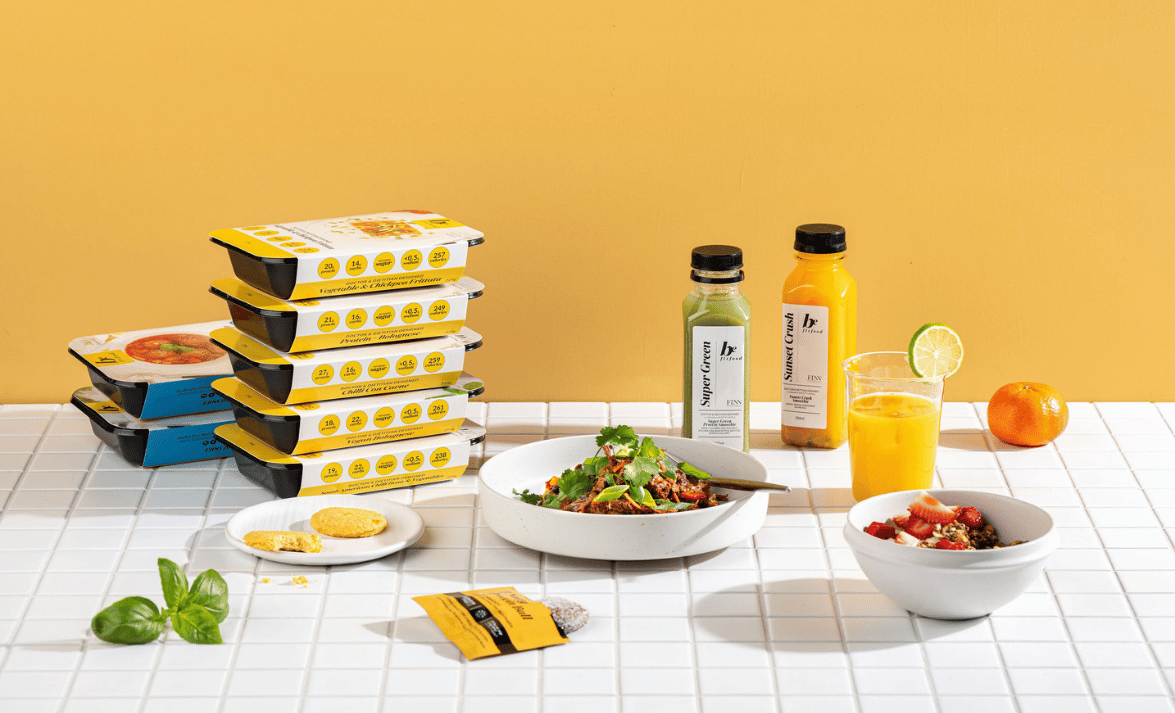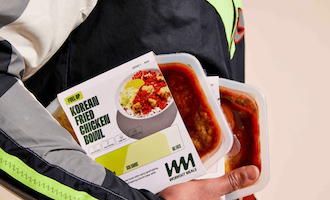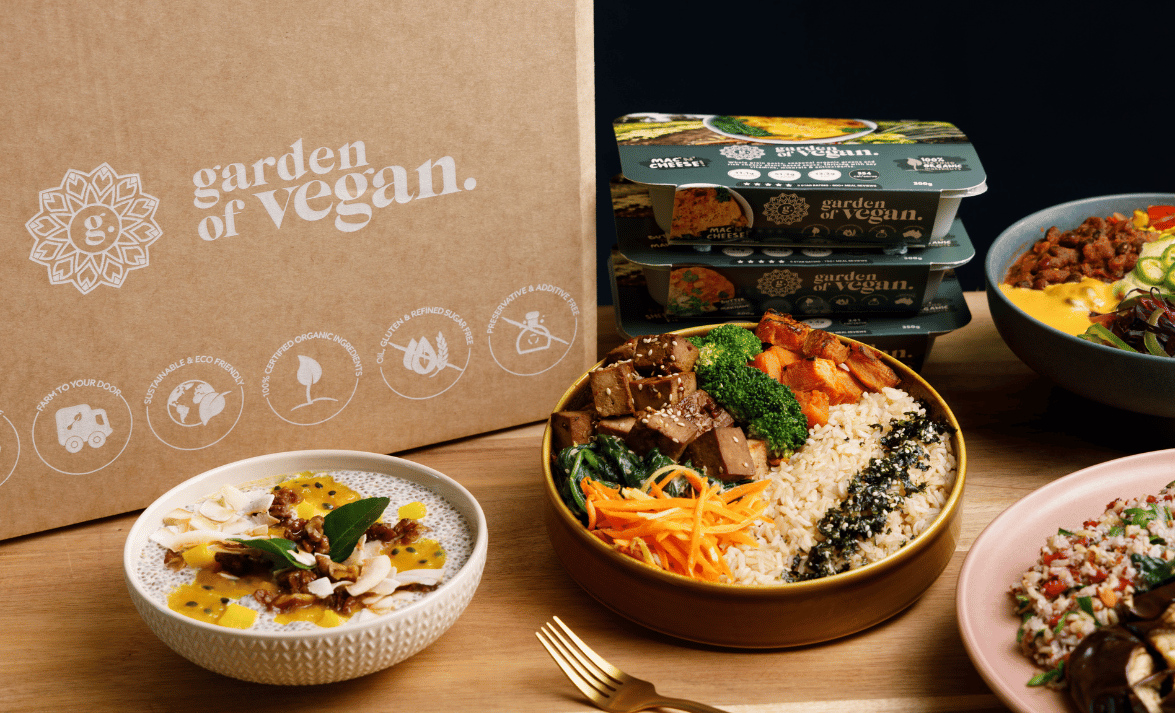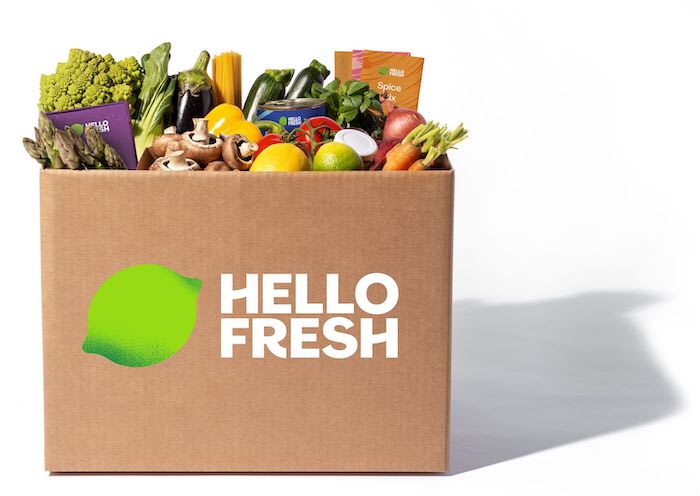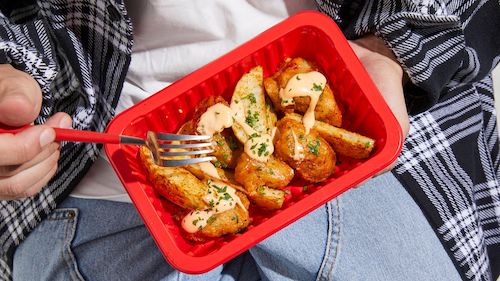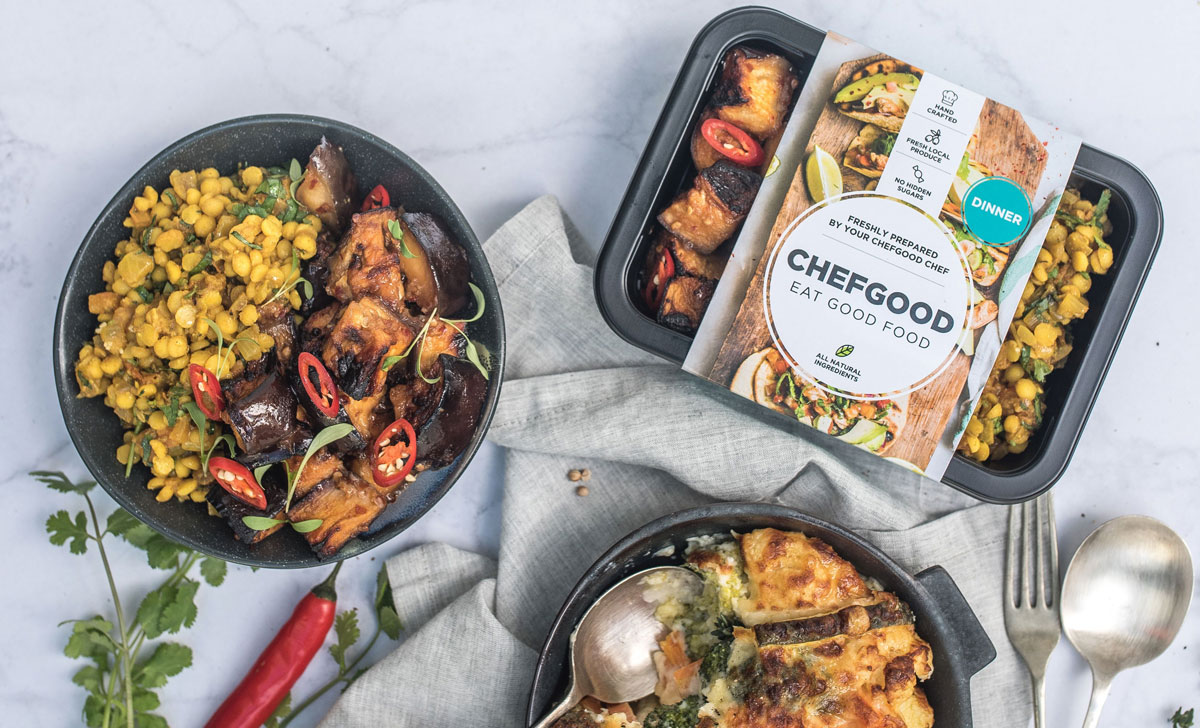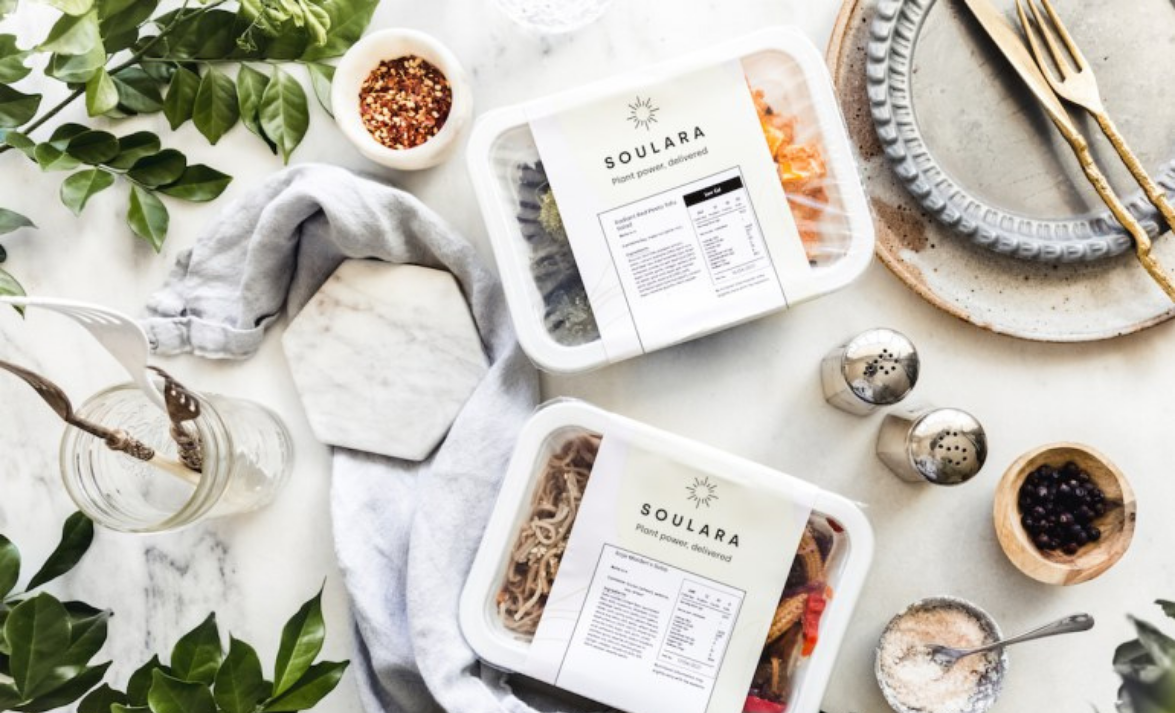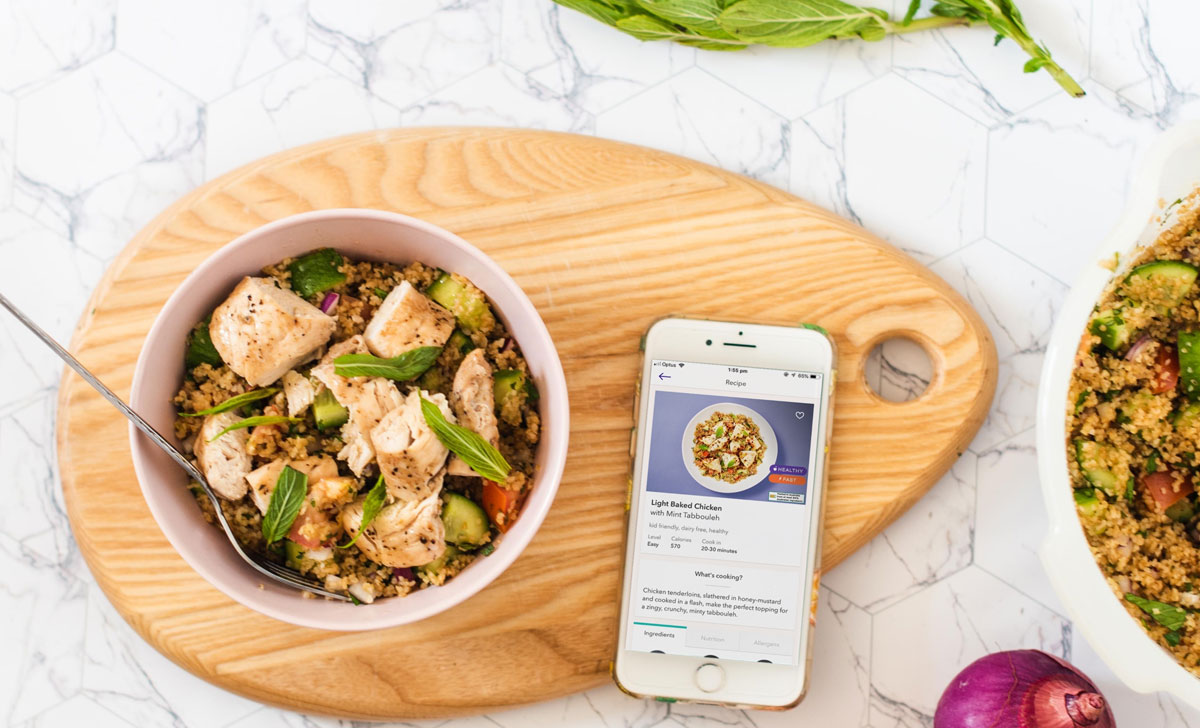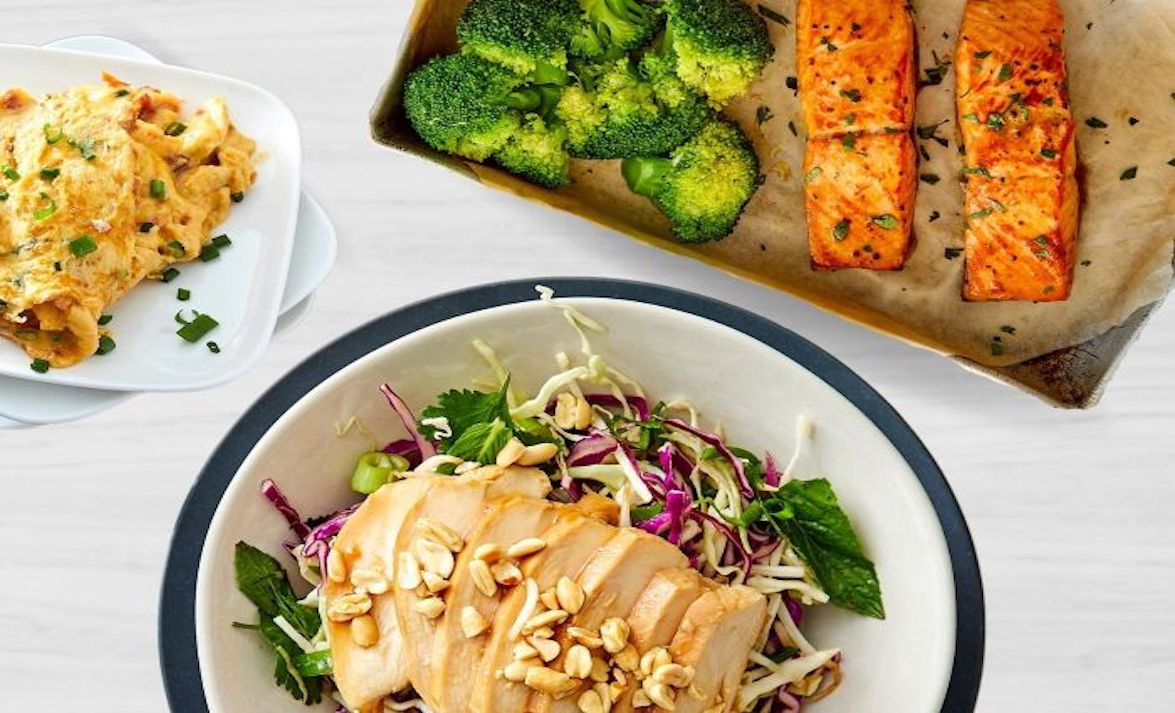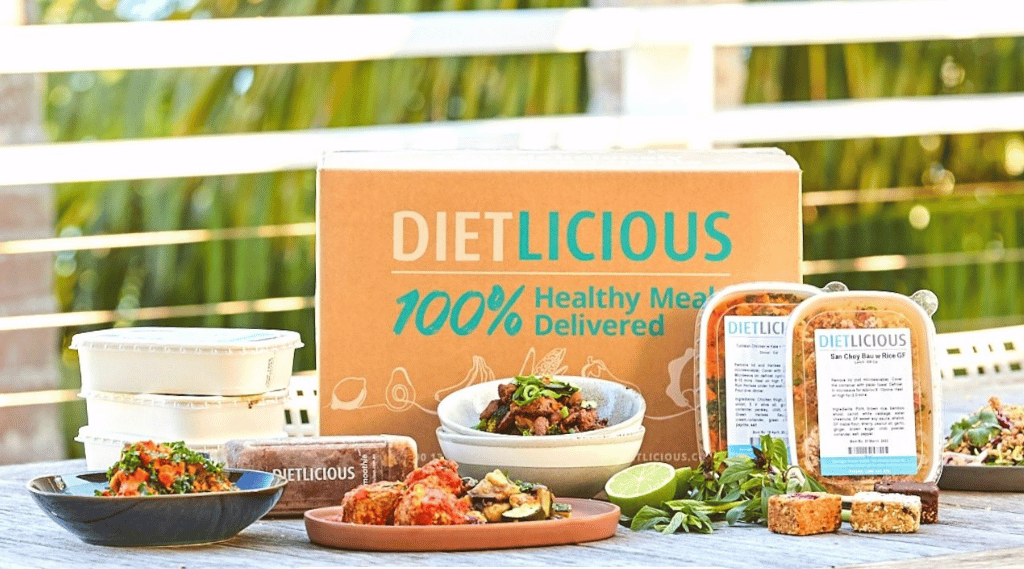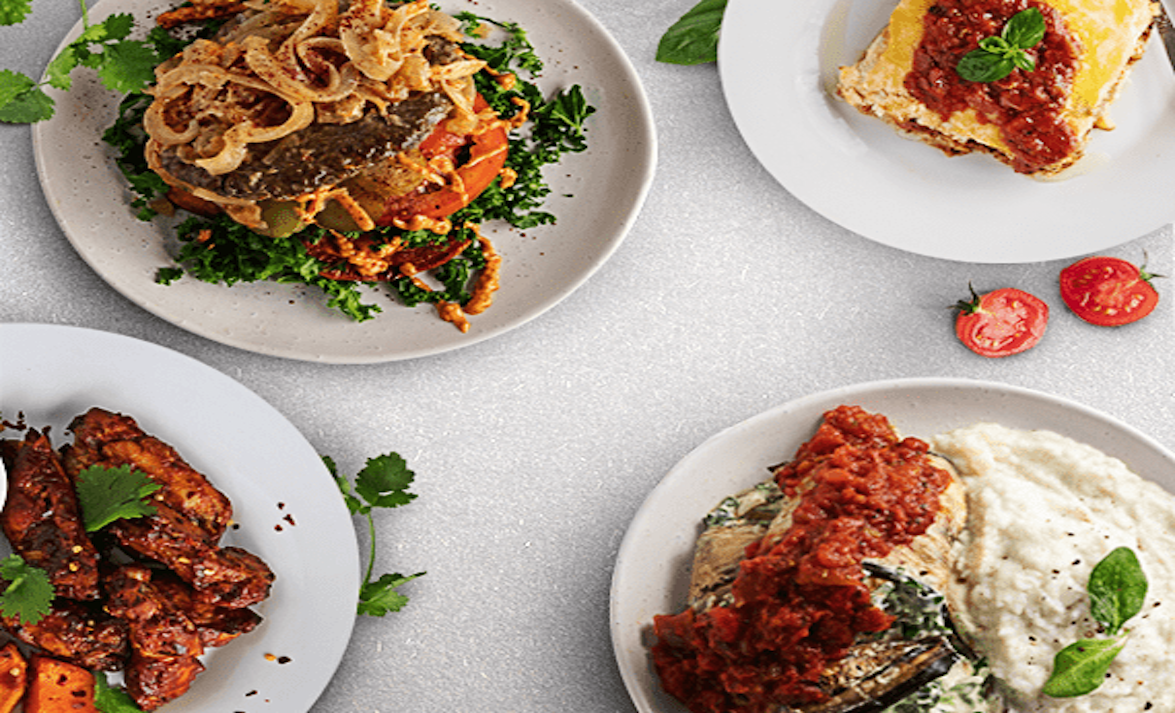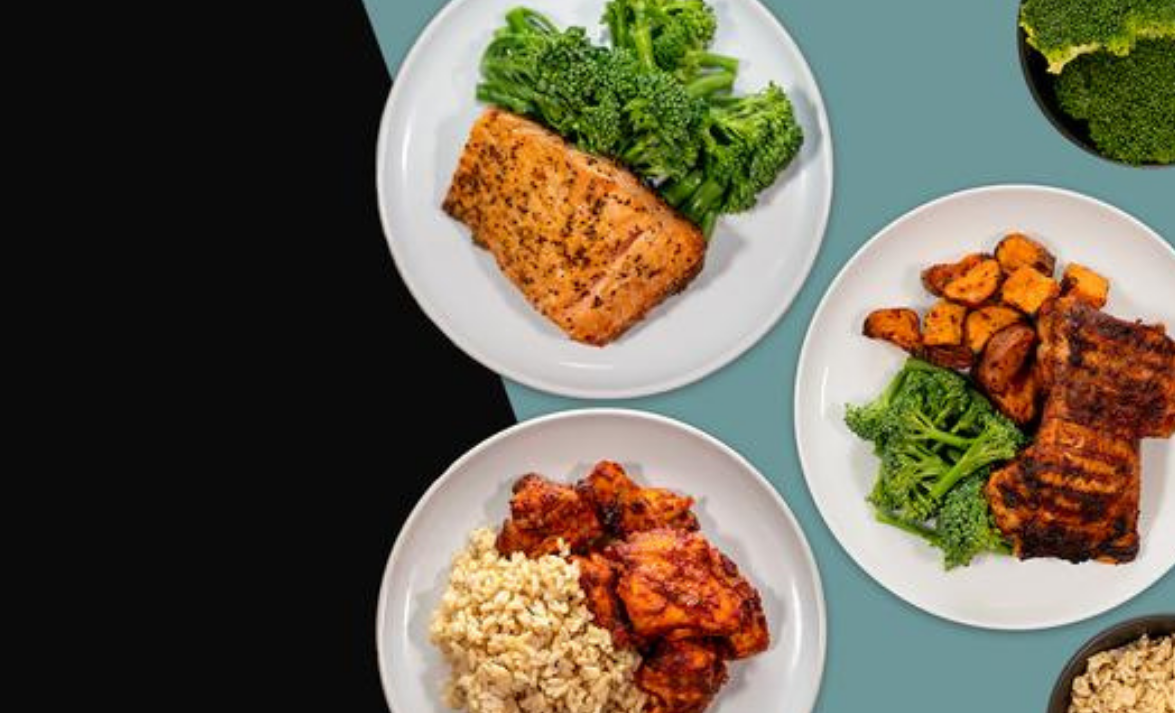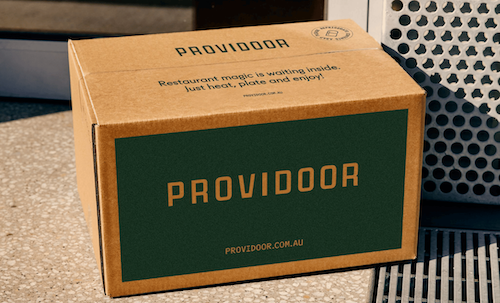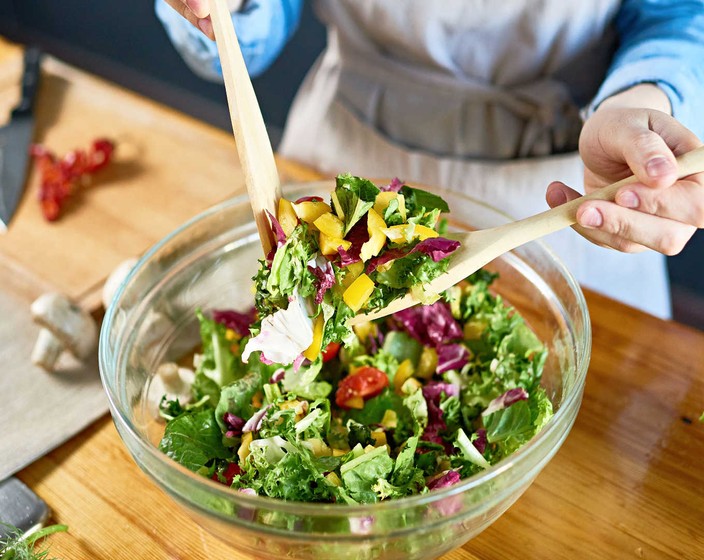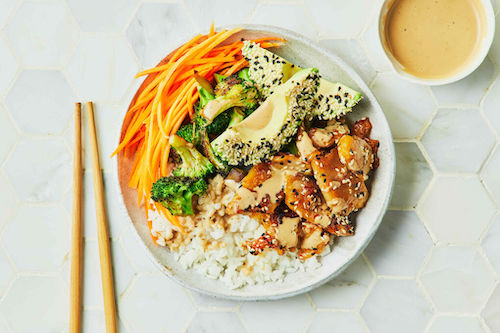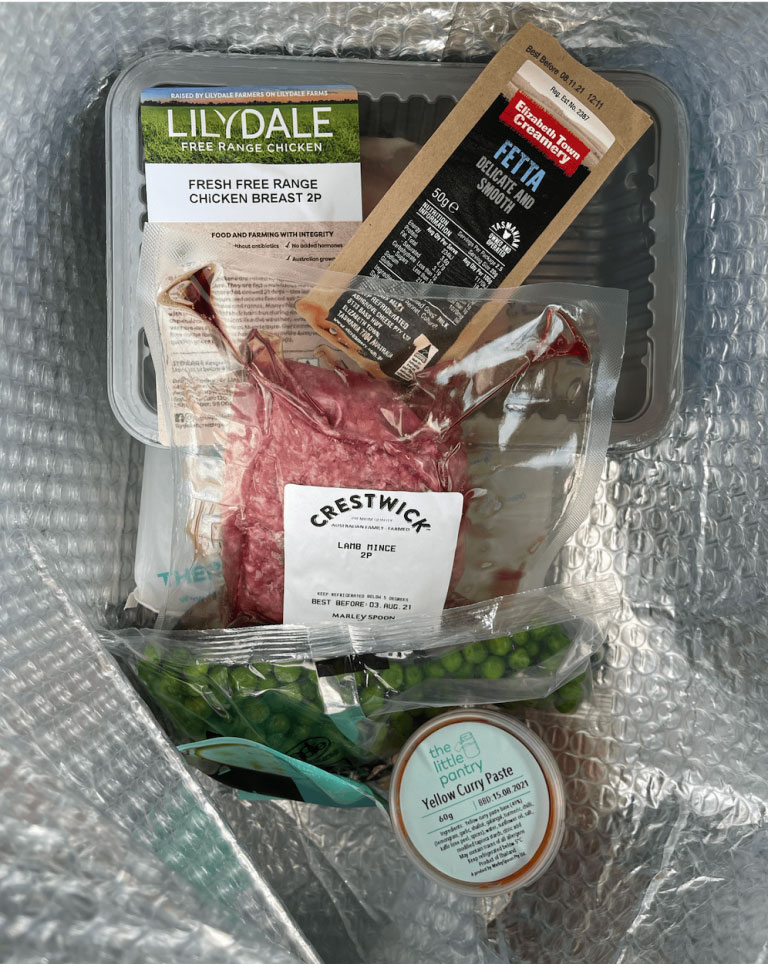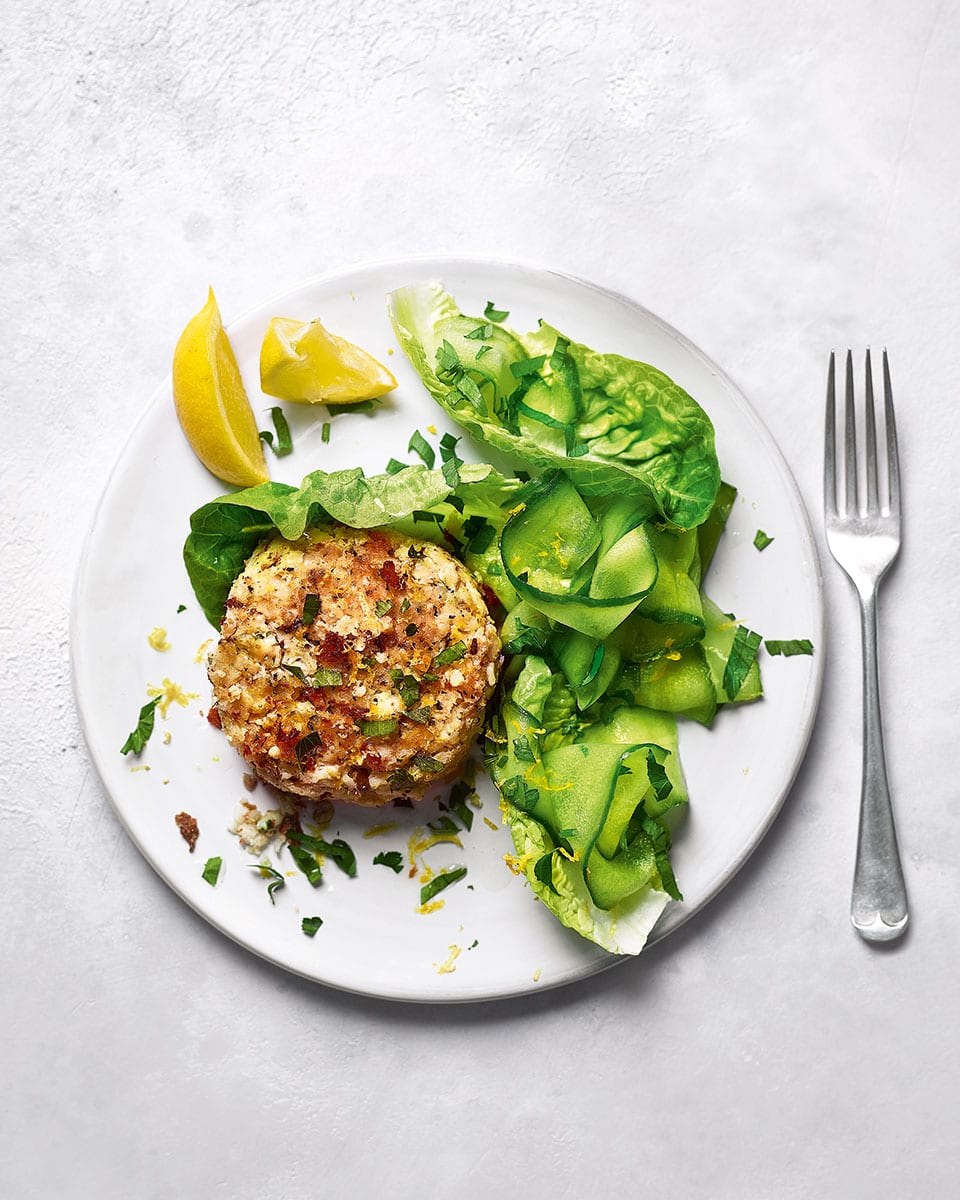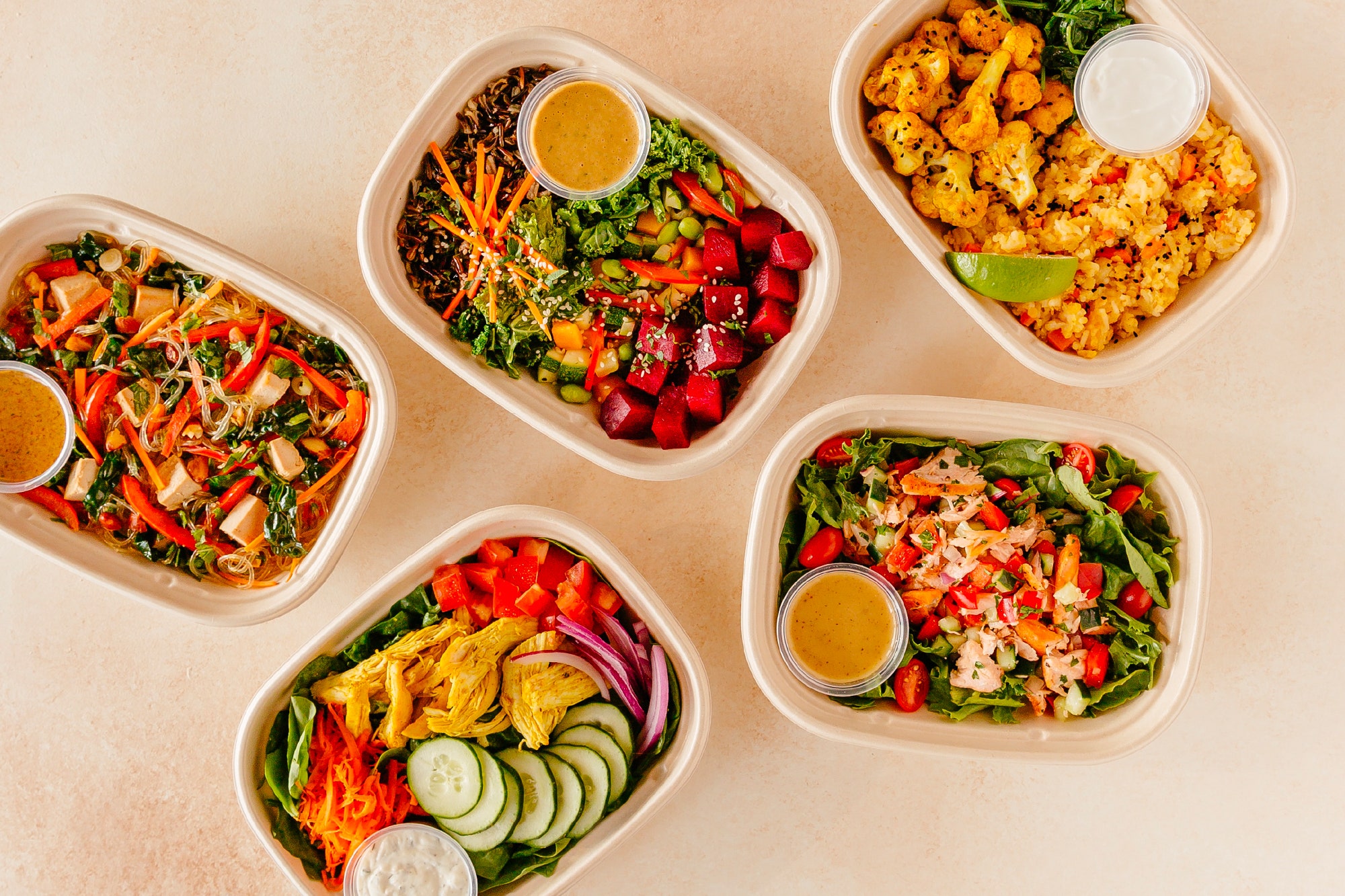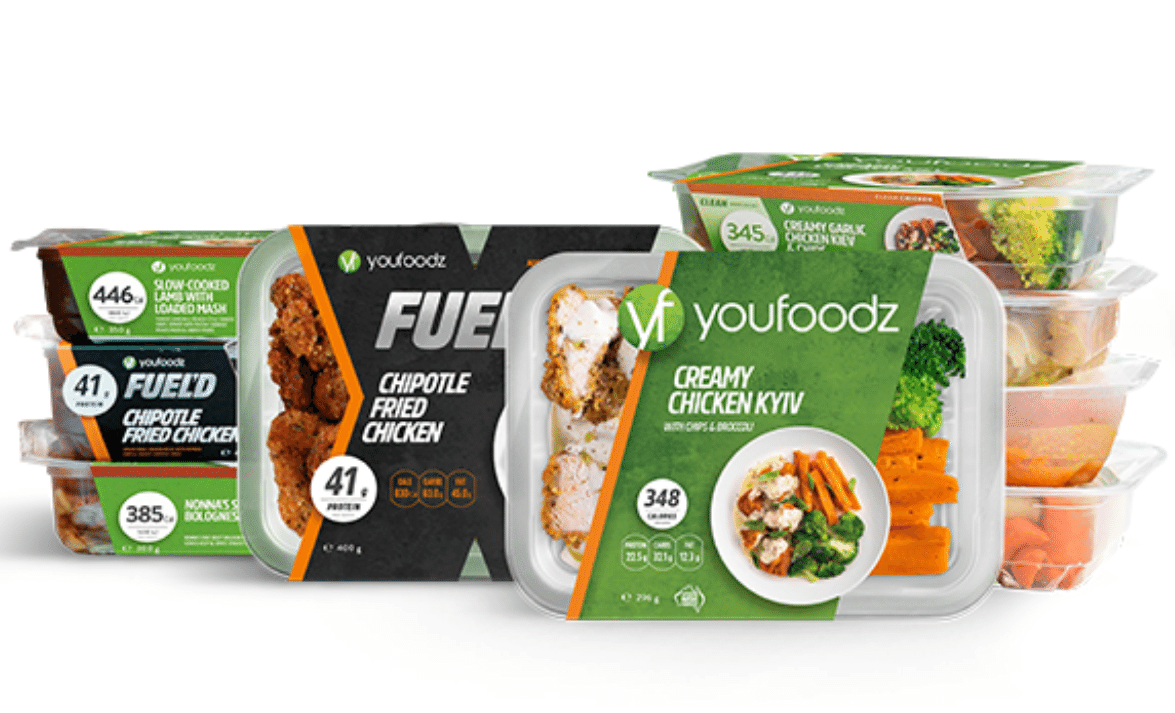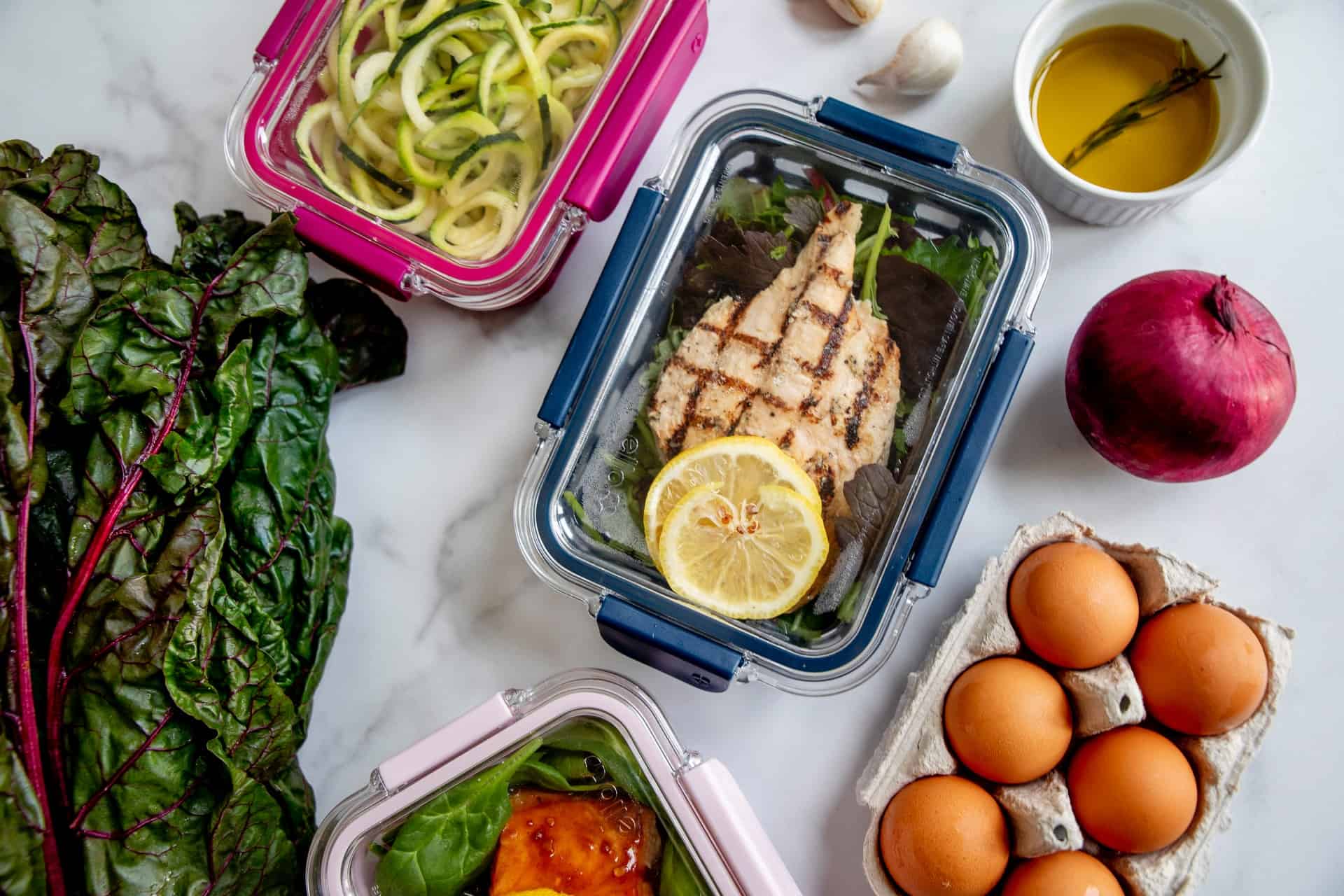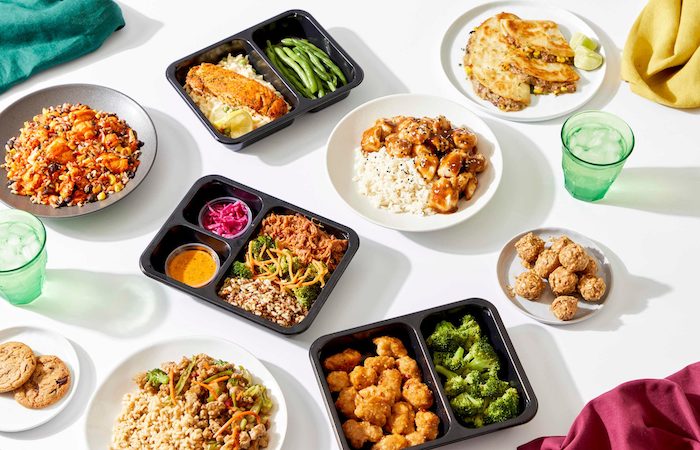- Meal Delivery
Shop by Category
TOP PROVIDERS
POPULAR SEARCHES
Meal Finder Tool

Use our meal finder quiz to find the best meal delivery service for you.
- Vitamin & Supplements
- Deals
- About
- Blog
Low Calorie Meals
Low Calorie Meals
Look no further! We have gathered a variety of low-calorie meal delivery services and compared the best-prepared options in Australia for those seeking to reduce their calorie intake. We have collated all the necessary information to assist you in determining which service is best suited for you and your dietary requirements.
Featured Product
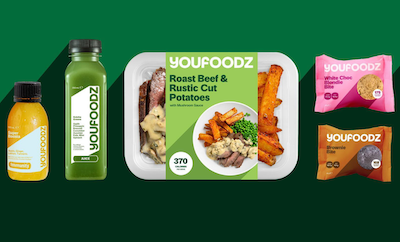
Featured Product
Get up to $200 off your first 5 Youfoodz boxes! *Offer is valid for new customers and past customers who cancelled their account at least 12 months ago.
Compare Low Calorie Meals
Advertiser Discolure Advertiser Discolure$30 off first purchase! Get Deal
Be Fit Food creates science-back meals and programs to help individuals lose weight. The dietitian-approved meals are based on the …
NSW, VIC, ACT, QLD, NT, SA, WA, TAS
$5.95/serve
Up to $200 off your first 5 boxes! Get Deal
Get up to $200 off your Youfoodz Low Calorie meal plan. Youfoodz has around 10 meals classified as Low Calorie and tagged as under 400cal however, this changes weekly. The low-calorie meals are dietitian-approved, fulfilling and nutritious.
NSW, VIC, ACT, QLD, NT, SA, WA, TAS
$8.49/serve
Save $150 Across 5 orders! Get Deal
MACROS Sculpt Plan is one of the MACROS Fitness plan options and includes single-serve meals that are high in protein, …
NSW, VIC, ACT, QLD, NT, SA, WA, TAS
$10.50/serve
Workout Meals are designed for time-poor, healthy & fitness-focused individuals. Each meal has been created by certified nutritionists and chefs …
NSW, VIC, ACT, QLD, SA
$9.49/serve
$100 OFF YOUR FIRST 4 ORDERS! Get Deal
Garden of Goodness, formerly Garden of Vegan, provides 100% certified organic, whole-food, gluten-free and oil-free, fully vegan meals. Meals are …
NSW, VIC, ACT, QLD, SA, WA, TAS
$16.95/serve
Get up to $200 off first 6 boxes! Get Deal
Hello Fresh have several carb and calorie smart meals available as part of their weekly menu to support Weight Loss. …
NSW, VIC, ACT, QLD, NT, SA, WA
$11.67/serve
Save $150 Across 5 orders! Get Deal
Low in carbs and calories to help support an individual’s weight loss goals. Each of the weight loss meals is 300g and under 350 calories.
NSW, VIC, ACT, QLD, NT, SA, WA, TAS
$10.50/serve
Get $220 OFF first 5 boxes! Get Deal
350 to 550 calories per serving, select from multiple low-calorie meals to cook at home for 2 or 4 people.
NSW, VIC, ACT, QLD, NT, SA, WA, TAS
$10.99/serve
Save up to $120 on your first 6 orders! Get Deal
Balanced meals, rich in nutrients and low in kilojoules to support your weight loss journey.
NSW, VIC, ACT, QLD, SA, WA, TAS
$10.95/serve
30% off your first order and 20% off your next order! Get Deal
A calorie-controlled weight loss meal plan at 350calories/per meal.
NSW, VIC, ACT, QLD, SA, TAS
$10.30/serve
$200 OFF Your First 8 Orders Get Deal
100% vegan and plant-based meals. The Calorie Controlled meals available are less than 350 calories per meal.
NSW, VIC, ACT, QLD, NT, SA, WA, TAS
$10.95/serve
Lean & Clean Meal Pack is a set of 6 meals designed to help you lose weight. Meals are 350 calories.
NSW, VIC, ACT, QLD, SA
$11.35/serve
30% off your first order and 20% off your next order! Get Deal
Chef Good’s Personal Best Plans include calorie controlled plans for 1200, 1500 or 1800 calories. These plans are ideal for …
NSW, VIC, ACT, QLD, SA
$7.16/serve
Get $140 OFF the first 5 boxes! Get Deal
Dinnerly provides a limited selection of calorie conscious options yet is a well-established, budget-friendly meal kit provider. At the time …
NSW, VIC, ACT, QLD, NT, SA, WA, TAS
$5.25/serve
$30 off your first order! Get Deal
There are 2 Keto friendly lunch and dinner packs available that are diet-focused and tailored to meet individual needs.
NSW, VIC, ACT, QLD
$11.55/serve
$30 off your first order! Get Deal
Dietlicious is a flexible meal service that offers pre-made meals with no contracts and no joining fees to use their …
NSW, VIC, ACT, QLD
$7.50/serve
Foober offers low calorie and keto meals including keto meal plans for Sydney, Melbourne and Brisbane. Meals are are weight …
NSW, VIC, QLD
$10.95/serve
Athlete’s Nutrition focuses on fueling elite Australian athletes with healthy chef-prepared meals that are nutritionally balanced, calorie controlled and high …
NSW, VIC, ACT, QLD
$7.50/serve
Providoor supplies restaurant quality, snap frozen meals that preserve the flavour and freshness of the food. Featuring meals prepared by …
NSW, VIC, QLD
$13.00/serve


